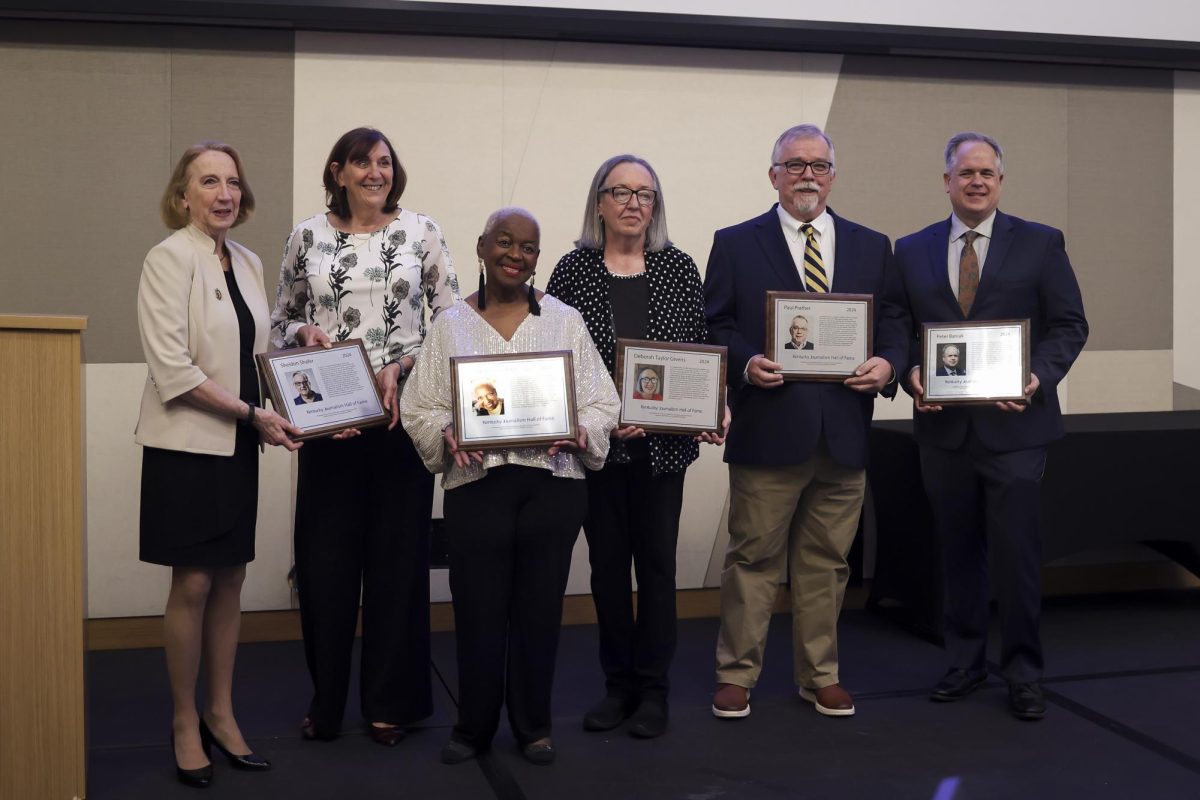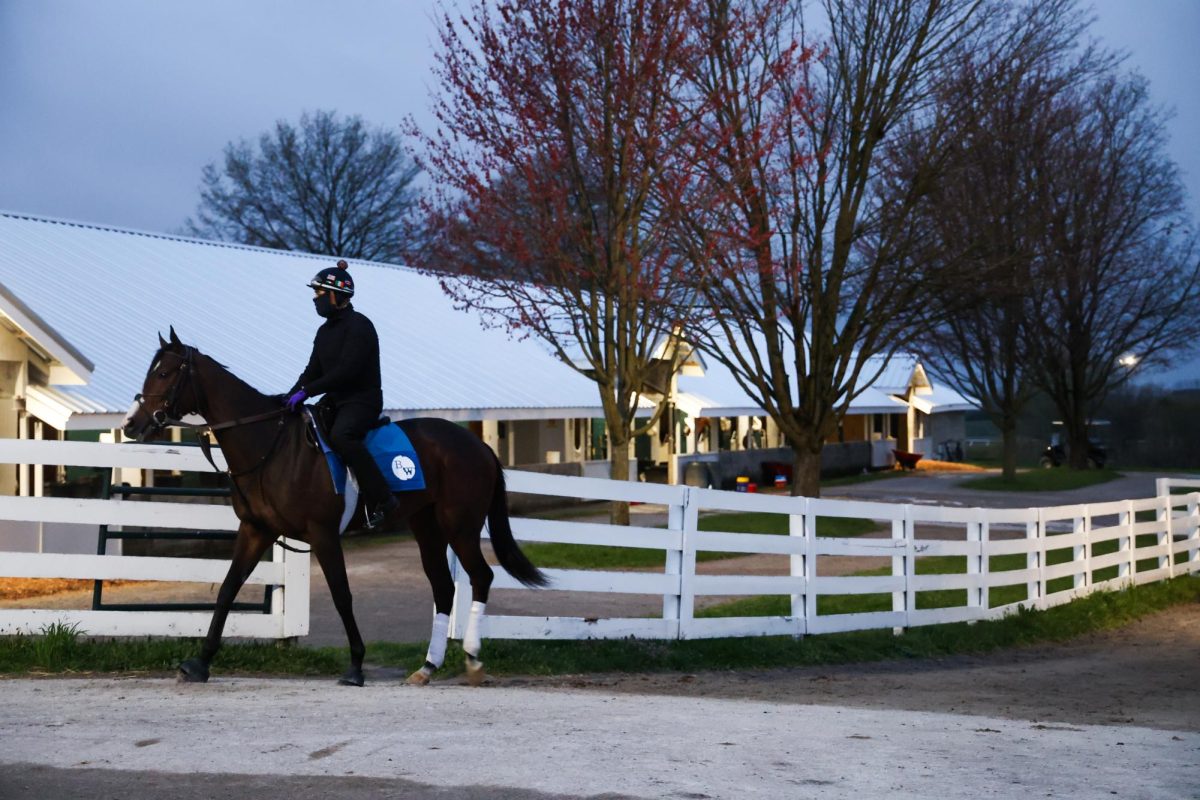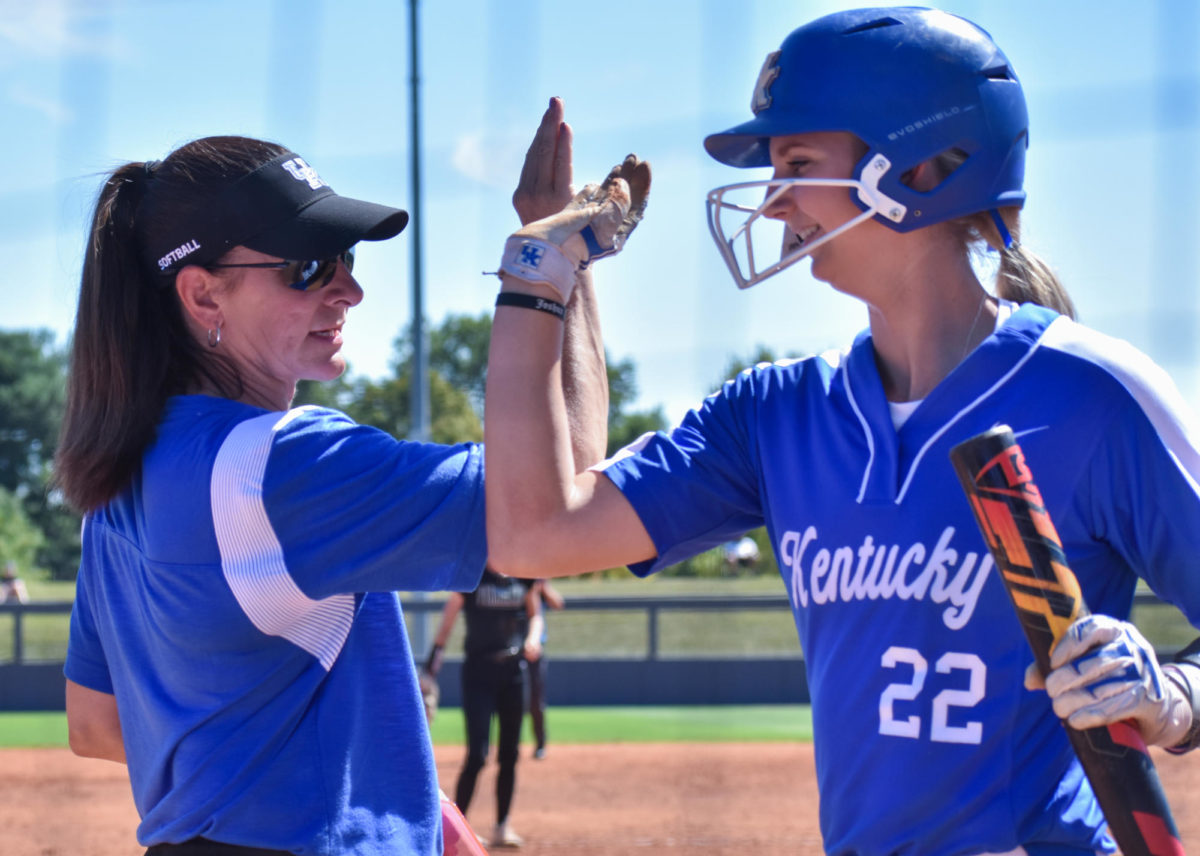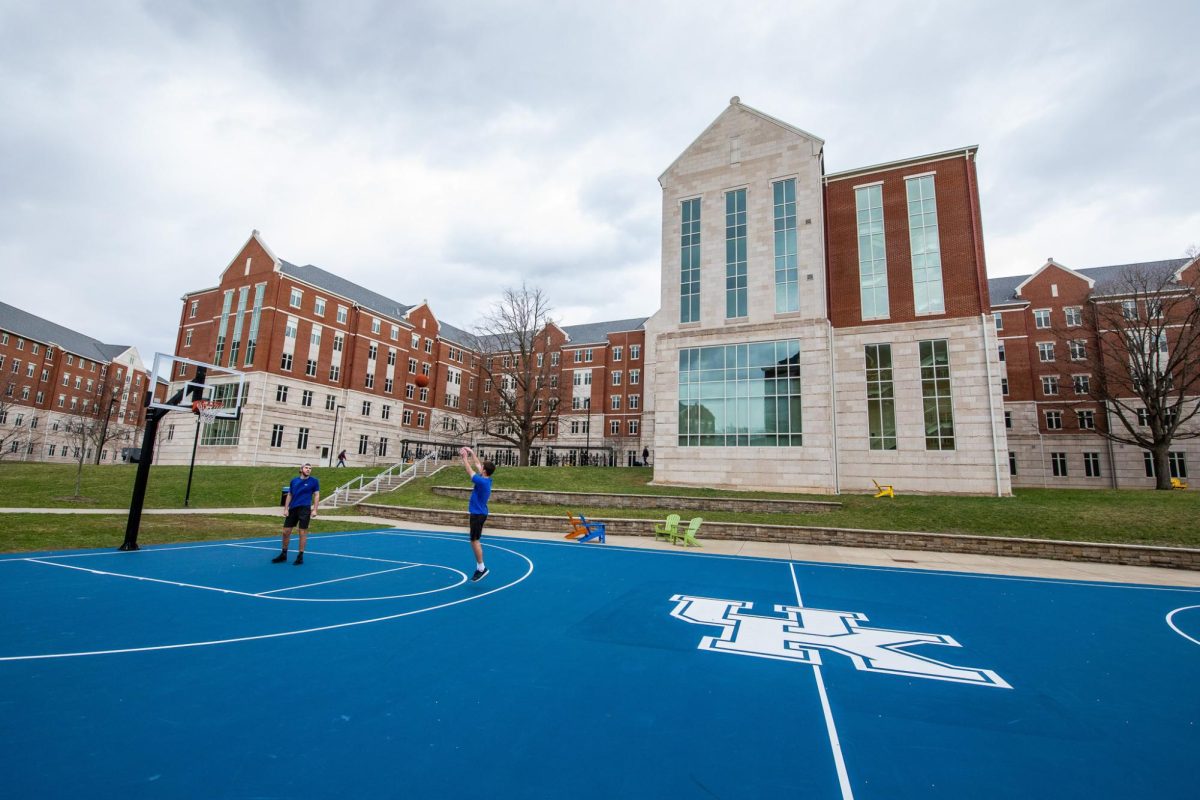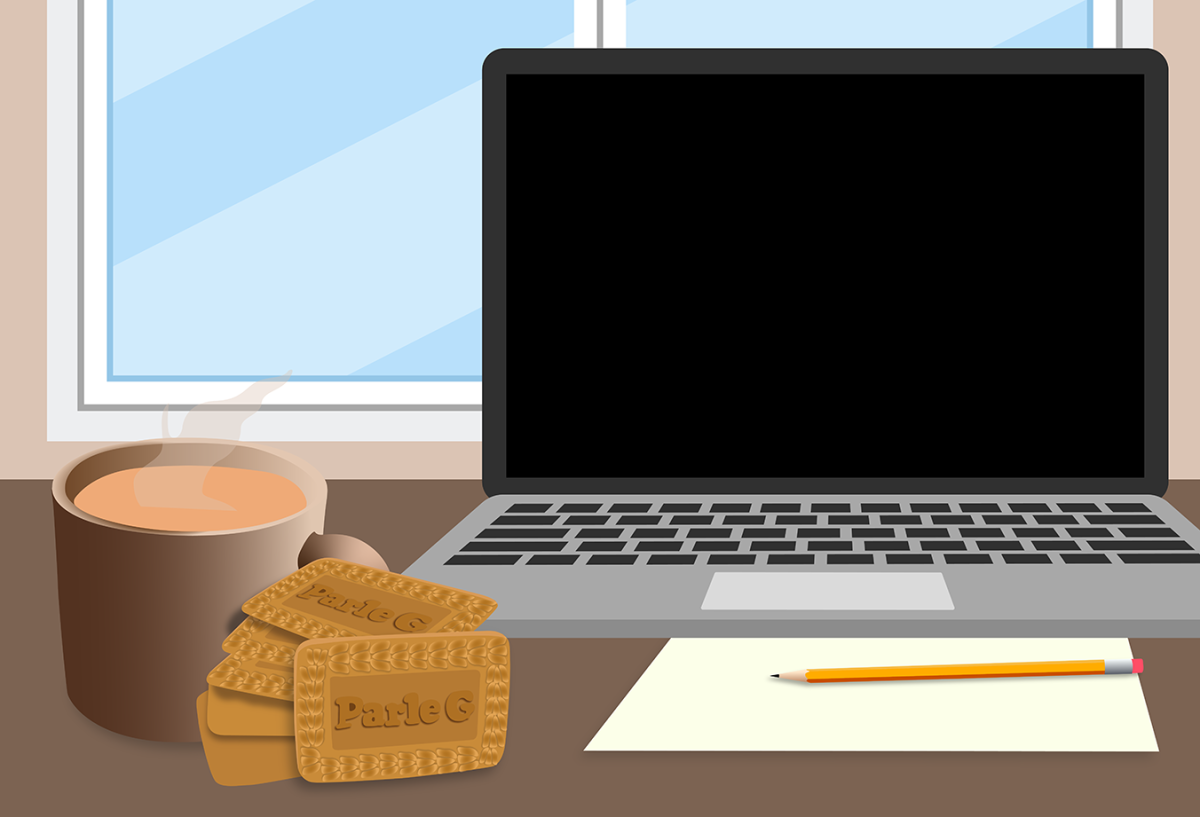With students in anxiety overload, normalizing treatment is a positive step
April 5, 2018
Fifty-nine people were shot and killed, another 441 injured, in the shooting that occurred at a music festival in Las Vegas, Nevada, on Oct. 1, 2017. Terror rang through the United States, leaving everyone wondering if anywhere was safe.
On Feb. 14, 2018, 17 people were shot and killed, another 17 injured, in the school shooting in Parkland, Florida, at Marjory Stoneman Douglas High School. The nation was left to pick up the broken pieces of yet another mass shooting.
Classrooms and concerts had been compromised.
In January 2018, USA Gymnastics team doctor Larry Nassar was sentenced to up to 175 years in prison for the sexual abuse of more than 160 women. In the same month, it was revealed that 37 professors and staff members at the University of Wisconsin Milwaukee were accused of sexual assault and harassment in the past five years.
The allegations and affirmations of sexual assault throughout the United States have skyrocketed in recent years, reaching new heights this past year alone. The #MeToo Movement has become a demand for change and a cry for complicity to end.
Mass shootings combined with a nation riddled with sexual assault, along with common everyday stressors, have increased the need for us to start paying more attention to mental health, particularly the mental health of students who are often the targets of gun violence and sexual assault.
The increase in reports to UK’s Community of Concern over the past few years is not shocking. Just look at the world we live in; students are more anxious than ever before. Whether it be out of fear of becoming the target of the next mass shooting, the overwhelming prevalence of sexual assault on college campuses, or the more mundane stressors, including academic, personal, family, financial and future stress, the mental health of America’s students is not something we should be shying away from.
The reality of the world we live in only lends itself to be a breeding ground for countless anxieties that students will suffer from. Add this “scary” environment to the already innately stressful environment of college and it’s not surprising that we find our students in anxiety overload.
So, what can be done? How can we help relieve the built up pressure, stress, fear, or whatever it may be?
Students may visit UK’s Counseling Center or Community of Concern for a variety of reasons, but they should never be made to feel that reaching out for help is a sign of weakness. Rather, taking the step to better yourself is a sign of productivity and positive strength.
Over the past few years, with the state our country is in, we are seeing the stigma around therapy start to fall by the wayside. People are seeking out help and guidance because they are recognizing that help and guidance are needed in our current healing culture.
With the weight of the world already bearing down on students, the stress of family problems, relationship issues, academic success surrounding midterms and finals, as well as looking ahead toward their futures, mental health should be a priority.
Keeping it together all of the time is just not realistic, and it is okay to need an outside guiding force to help you work your way through an area of concern in your life. This is what the Counseling Center and Community of Concern are for; let these free resources here at UK help you. Despite what some may say about therapy, there’s nothing wrong with seeking out a helping hand.
It is important, even vital, in today’s world filled with terrorism, hate, and misconduct, for us to spread awareness about the real, positive impact that seeking out counseling can do for a person. Counseling centers can, and do, help individuals with a number of concerns, including career decision making, forming and maintaining healthy relationships, time management skills, victim advocacy, and suicide prevention.
UK Student Government Association’s president-elect is correct in saying that there needs to be a driving force on our campus to help continue to reduce the stigma behind student anxiety and seeking out help from counseling centers.
There comes a time in everyone’s life when they need someone else to help them figure things out. Silence and solitude is not the answer. Seeking guidance is a step in the right direction.



